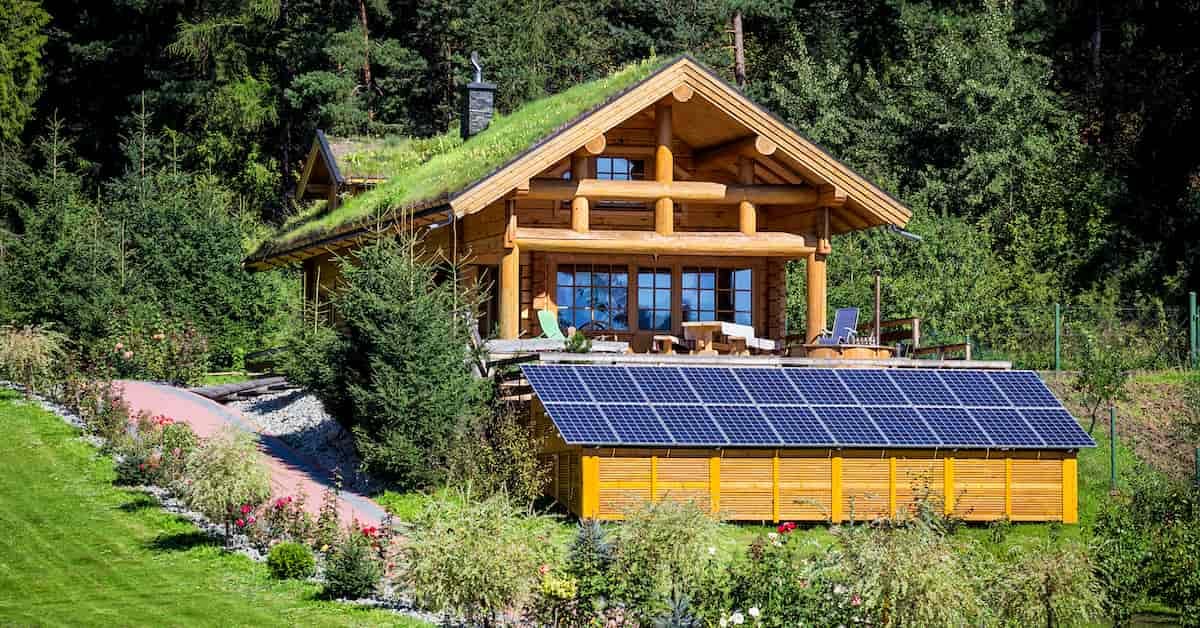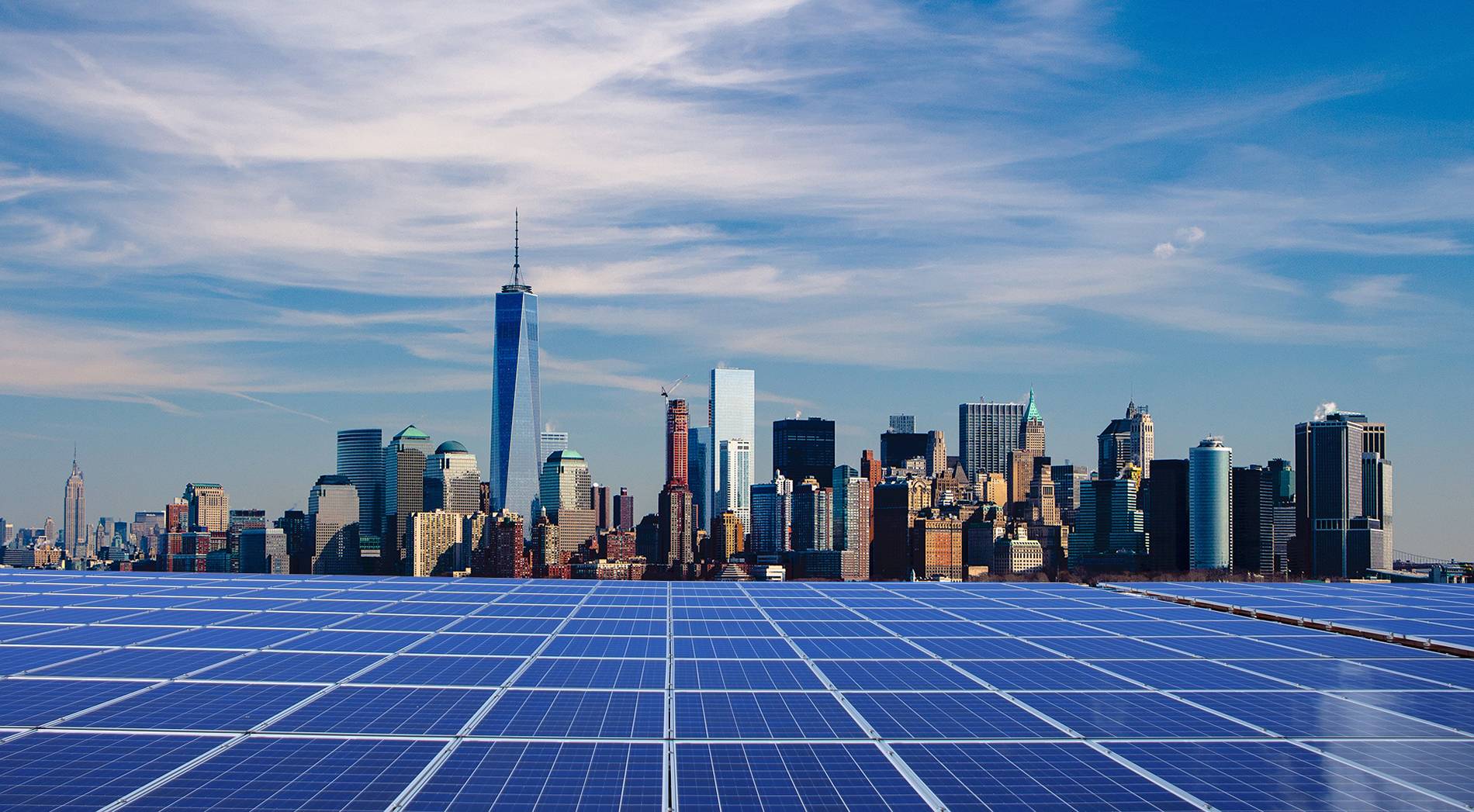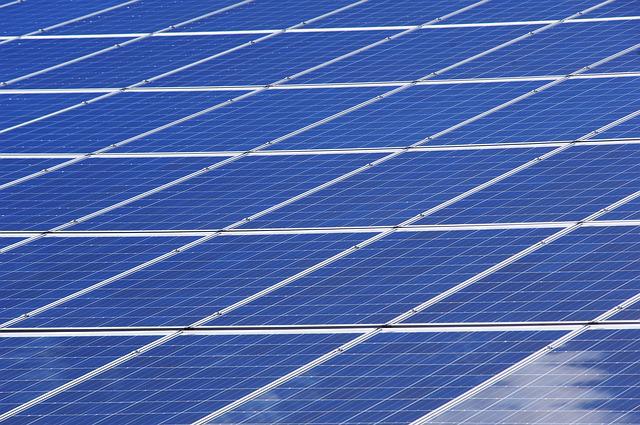
There are many benefits to solar panels for homes, but there are some drawbacks as well. First, solar panels can be expensive. This applies to both the initial cost and maintenance. There are tax advantages to solar. You may be able to benefit from solar panels if your climate is favorable.
Installing solar panels costs
Solar panels can be expensive and vary in cost depending on the factors. The largest factor in the overall cost is the solar module. In some cases, homeowners can save as much as $5,000 if they shop around. You can use an online price comparison calculator to get an idea of the cost of panels.
You must get permission from the local authority to install solar panels in homes. This could be the local building department, or the utility company. Additional approvals may be required for homeowners associations.
Initial cost
When calculating your initial cost of solar power panels for your home there are many factors you should take into account. These factors include the type, wattage and location of the panels. Each factor has a different impact on the overall cost of the installation. Start by determining how much energy your house uses each month. It is possible to do this by looking at your electricity bill. The initial cost is higher if your home uses more electricity.

The initial cost of a grid tied system will be between $15,000 and $21,000. But, this amount will vary depending upon the size of the system. Your energy bill will drop the more solar panels that you have installed. Some systems can send excess electricity back to the grid. This provides credit that you can use to offset future charges.
Maintenance costs
There are many factors that affect the cost of solar panels for homeowners. The time required to clean and maintain the array will depend on its type and location. The cost will also be affected by the size and number of panels. A maintenance agreement with a solar panel company can help homeowners reduce their costs.
A professional inspection will cost between $150 and $300 per hour. The technician will inspect your solar panels for any damage and make recommendations. They may recommend repair or replacements. To ensure they are in top condition, a technician should inspect your solar panels once a year.
Tax benefits
The tax benefits of installing solar panels to your home may be something you are thinking about. You can get a number of tax breaks when you install solar panels on your home. The Residential Clean Energy Credit is just one example. You'll need to verify your eligibility before you can get it.
You can get a tax credit up to 30% on your total solar system cost. The amount you get depends on how big your solar system is, how much electricity you use, and what the local electricity rate is. It's worth noting that if you use the credit more than once, you don't get a refund, but you can carry over your unused credits for five years.

Long lasting warranties
Solar panels can be protected by homeowners who take out long-term warranties. This warranty can be used to prevent costly repairs later. The panels come with most warranties, but installation companies might offer additional warranties. Paradise Energy Solutions has a Triple Ten Guarantee. Triple Ten Guarantee includes not only panels, but also total solar production. This warranty is far more comprehensive than the typical manufacturer’s warranty, which applies only to panels. It is important that you note that the warranty does not cover improper installation, placement or unusual weather conditions. These can adversely impact the production of your system.
Another important element to look at in a warranty is how long it covers. Some warranties are only for the first year, while others last for as long as 25 years. If you plan on investing in solar panels for your home over the next few decades, long-term warranties can be a great choice.